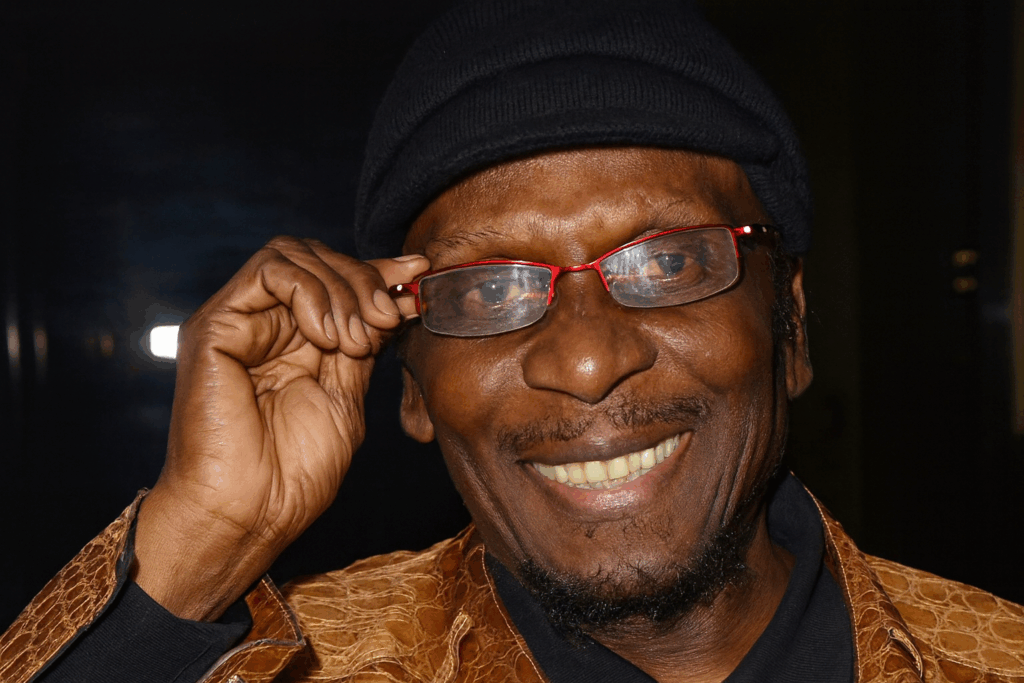Jimmy Cliff, the electrifying Jamaican singer, songwriter, and actor whose voice helped define global reggae culture, has died at 81. His wife, Latifa Chambers, announced his death on Monday on social media, saying he passed away after “a seizure followed by pneumonia.” Her message, reflective and brief, marked the end of a career that shaped the trajectory of Caribbean music and influenced generations of international artists.
Cliff, born James Chambers on July 30, 1944, entered the world during a hurricane in Jamaica’s St. James Parish—an origin story he often cited as symbolic of the force he intended to bring to his craft. Raised on his family’s farm before relocating to Kingston with his father in the 1950s, he immersed himself in the capital’s buzzing music scene at a time when ska and rocksteady were laying the foundations of a new Jamaican sound. By the age of 14, he had scored his first national hit with “Hurricane Hattie,” a song he wrote himself that foreshadowed his lifelong themes of struggle, survival, and perseverance.
His meteoric rise led him across the Atlantic, where Island Records founder Chris Blackwell invited him to work in the United Kingdom. The partnership helped position Cliff as one of the earliest ambassadors of Jamaican music. While he recorded dozens of albums and toured internationally—performing in Paris, Brazil, and even at the 1964 World’s Fair in New York—his influence extended far beyond his performances. The Rock & Roll Hall of Fame, which inducted him in 2010, praised him as reggae’s “first champion,” noting that he “was instrumental in spreading reggae beyond Jamaica”.
Cliff’s legacy expanded dramatically in 1972 with The Harder They Come, Perry Henzell’s gritty crime drama in which he played aspiring musician Ivan Martin. The film transformed international perceptions of Jamaica, revealing a country shaped not only by picturesque beaches but by complex urban realities and systemic inequities. The soundtrack—driven by Cliff’s performances of “You Can Get It If You Really Want,” “Many Rivers to Cross,” and the title track—became a cultural touchstone and introduced mainstream audiences in the U.S. and Europe to reggae’s pulsing rhythms and political heart. The Grammy organization later called Cliff’s portrayal “riveting and authentic,” explaining that he had personally witnessed the “crime, violence, and the survival of the fittest mindset within the ghetto areas where reggae was birthed”.
That authenticity permeated his songwriting. Bob Dylan once called Cliff’s “Vietnam” the “best protest song ever written,” a testament to his sharp political awareness and ability to translate lived experience into haunting narrative. His music often centered on liberation, resilience, and self-determination, delivered with both optimism and urgency. In The Harder They Come, he sang, “But I’d rather be a free man in my grave than living as a puppet or a slave,” a line that became emblematic of his worldview and the broader reggae ethos.
Throughout his career, Cliff collaborated with artists across genres, including the Rolling Stones, Annie Lennox, Elvis Costello, and Paul Simon. He continued to evolve stylistically, exploring global pop, soul, and ska influences while remaining closely tied to reggae’s spiritual and cultural core. His versatility extended to covers such as Johnny Nash’s “I Can See Clearly Now,” which he reimagined for the 1993 film Cool Runnings, and Cat Stevens’s “Wild World,” each of which broadened his appeal.
Cliff’s later years were marked by major artistic honors. He won two Grammy Awards—one in 1984 for Cliff Hanger and another in 2012 for Rebirth, a collaboration with Rancid’s Tim Armstrong that critics lauded as a return to the elemental energy of his early work. NPR described the album as both nostalgic and reinvigorating, capturing the spirit of an artist who never abandoned the themes that defined him.
Across more than 30 albums and dozens of global tours, Cliff positioned reggae not just as a musical style but as a philosophy rooted in joy, resistance, and humanity. While announcing his death, Chambers thanked the many fans and collaborators who shaped his journey. “He really appreciated each and every fan for their love,” she wrote.
Jimmy Cliff’s voice—warm, defiant, and unmistakably Jamaican—remains woven into reggae’s global identity. His contributions built a bridge between the island that shaped him and millions who found solace, strength, and freedom in his songs.


